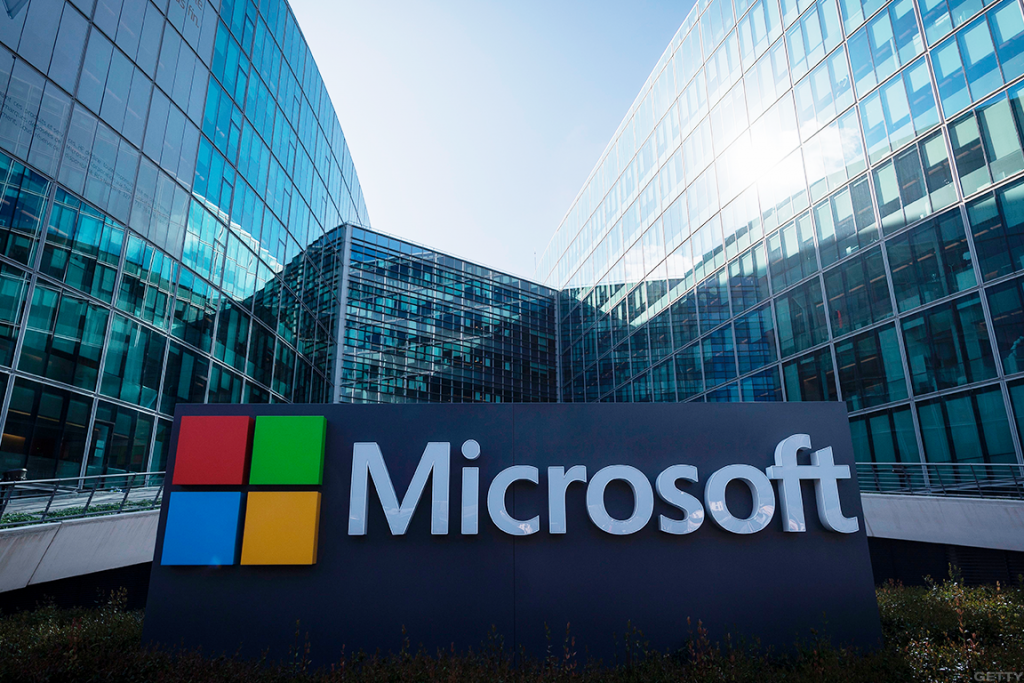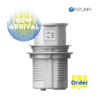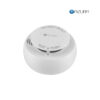IoT adoption is growing in a brisk manner according to Microsoft – yet the industry faces significant skill gaps, alongside complexity and security challenges.
The findings appear in Microsoft’s latest report, IoT Signals, designed to give a global overview of the IoT landscape. The company surveyed over 3,000 IoT decision-makers to give the industry a holistic, market-level view of the IoT ecosystem.
According to the respondents, two years from now 30% of their company’s revenue will come from IoT. 85% of respondents are in IoT adoption, and three quarters of these have IoT projects in the planning stage. Among the adopters, 88% believe IoT is critical to business. While almost all IoT adopters – 97% – have security concerns when implementing IoT, this has not hindered the adoption.
It also revealed that lack of talent and training present challenges for half of IoT adopters, and 47% say there are not enough available skilled workers. According to respondents, AI, edge computing, and 5G are critical technology drivers for IoT success in the next two years.
![]()
Microsoft, in partnership with BCG Group, identified seven key ingredients for success in IoT: business strategy, leadership and organization, a technology roadmap, talent, operations and core business processes, partnerships, and security. To further advance customer and partner success, Microsoft is investing £4.1 billion in IoT and intelligent edge technologies and ecosystem by 2022.
Meanwhile, CertNexus has partnered with IoT Community to boost the expansion of IoT skills gap. Both the companies have reached an agreement under which IoT Community will have members access to CertNexus’ certifications and micro-credential through virtual classes, access to digital books and virtual labs, and sit for CertNexus exams.
Microsoft’s fourth quarter results issued last month revealed its revenues increased 12% to £27.6bn and Azure revenue increased 64%. The company’s intelligent cloud, which covers parts of Azure as well as server products and enterprise services, was at £9.3bn, up 19%.








